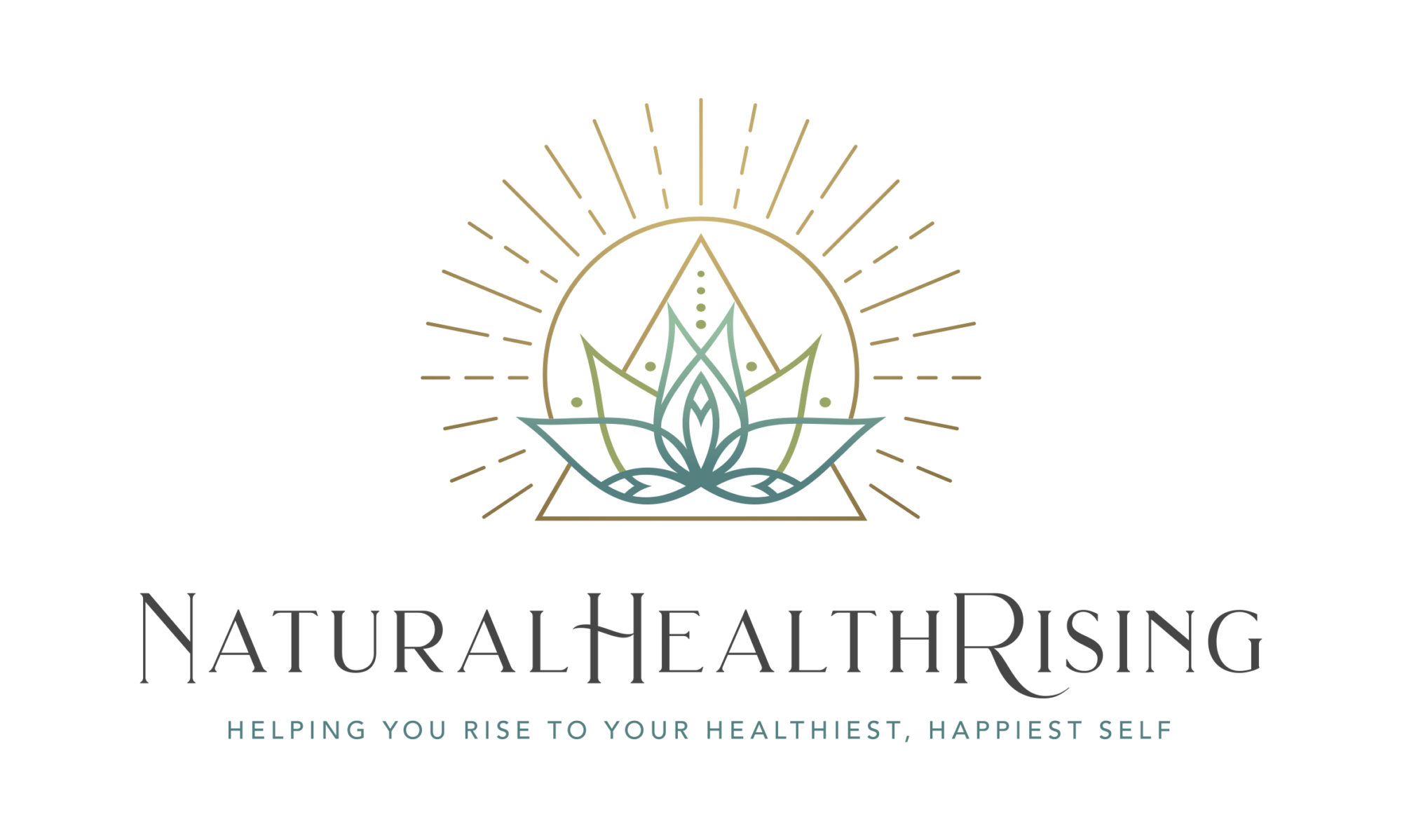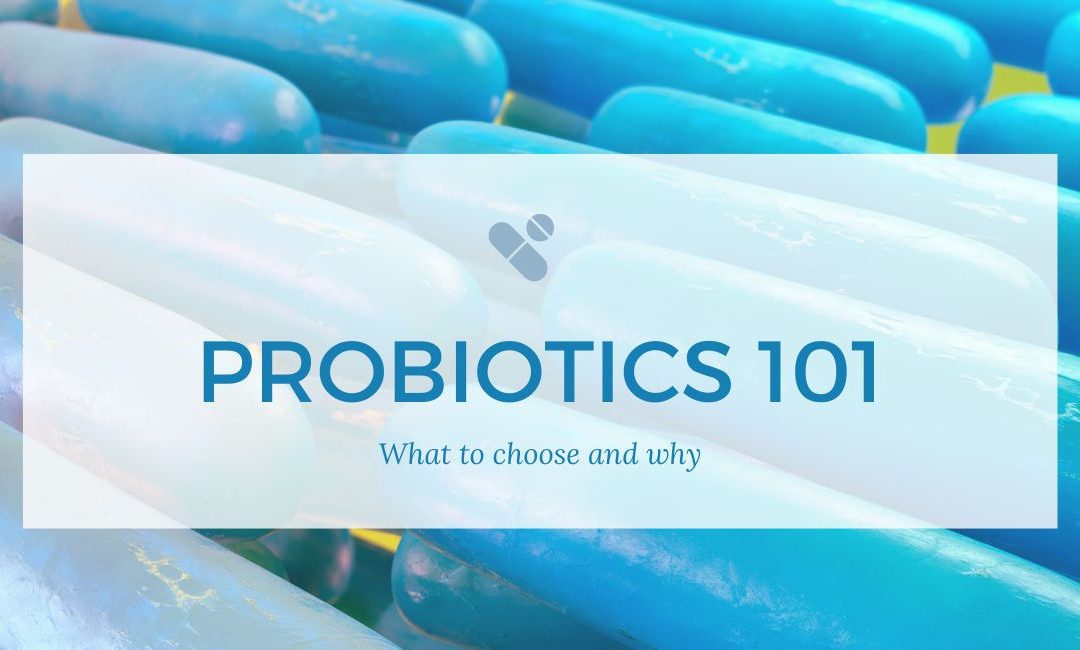Our bodies have between 30-400 trillion microorganisms living inside of us. Mostly, they live in our gastrointestinal tracts. The beneficial bacteria that populate our guts have a mutualistic relationship with our bodies. In fact, these bacteria are actually probiotics and are found naturally in fermented foods. On the other hand, dysbiosis is an alteration in bacterial function and diversity. When dysbiosis occurs, the gut microbiota may cause or contribute to the establishment of infectious diseases and autoimmune diseases. [1]
Read about the 4R’s in gut health here.
Here Are Some Signs That You May Have Dysbiosis:
- Bloating
- Diarrhea
- Constipation
- Bad breath
- Nausea
- Fatigue
- Anxiety
- Depression
- Irritability
- Difficulty concentrating
- Difficulty losing weight
- Acne
- Rashes
- Eczema
- UTIs
- Yeast Infections
- Diabetes
- IBS
- Autoimmune disease
Bacteria Can Become Out of Balance Due to Many Different Factors:
- Medications
- Antibiotics
- Alcohol
- Too many carbohydrates (especially processed, refined ones)
- Inflammatory seed oils
- Processed foods
- Pesticides and herbicides sprayed on non-organic produce
- Food additives (gums, colorings, preservatives, etc.)
- Stress
- Poor dental hygiene
Why Supplementing with Probiotics Is a Good Idea
Our western society is used to being under large amounts of stress. Also, they eat a poor diet and cover up symptoms with medications. Therefore, it’s good for the majority of the population to counterbalance these issues by supplementing with probiotics.
What Are The Benefits of Probiotics?
There are many benefits to consuming probiotics, including immune system support. To explain, about 70-80% of our immune system lies in our gut. So, a healthy gut makes for a healthy immune system. Moreover, probiotics have immunomodulatory properties. To explain, these properties act in many ways. For instance, increasing natural killer cell and macrophage activity, modulating the secretion of immunoglobulins, enhancing the gut barrier, altering mucous secretion, and competitive exclusion of pathogenic bacteria. [2]
In addition, probiotics have been shown to improve various markers in those with autoimmune diseases. These autoimmune diseases are Rheumatoid Arthritis, Type 1 Diabetes, Systemic Lupus Erythematosus, and Multiple Sclerosis. [1] Probiotics support digestive health and help with diarrhea, irritable bowel syndrome, ulcerative colitis, Crohn’s disease, and Clostridium difficile (infection of the digestive tract). They also support vaginal health. Lactobacilli strains can make the environment too acidic for harmful microorganisms to survive. Still, you may disrupt this delicate balance of bacteria through many means. For instance, these include the use of antibiotics, spermicides, and a poor diet high in refined carbohydrates and processed foods. Maintaining a healthy vaginal tract can prevent yeast infections and UTIs.
How To Get Your Probiotics?
You can consume probiotics in foods, such as sauerkraut, kombucha, and yogurt. However, you also need to consume prebiotic fibers in order to feed the probiotics in the gut. Foods that are prebiotics include for example are leeks, garlic, asparagus, green bananas, apples, and artichokes. Although sticking to only using food for health is optimal, doing this may not be enough. Why? You don’t know what strains are in your food and you don’t know the amount you are consuming. In fact, you must consume extremely large amounts of these fermented foods in order to get close to the amounts of bacteria that are in supplements. Thus, you should supplement to get your daily dose of probiotics.
What Kinds of Probiotics Are There?
The most well-researched and common probiotic strains are Lactobacillus and Bifidobacterium. So, look for these when shopping for a probiotic. In addition, Saccharomyces boulardii, a fungus, is another quality strain used mostly for diarrhea, irritable bowel syndrome, and yeast infections.
How Are Probiotics Sold?
You can find probiotics being sold in colony-forming units (CFUs). These tell you how many bacteria are present in the supplement. Capsules with 100 billion CFUs provide maximum support. However, there are supplements with lesser amounts for those who cannot tolerate high levels of probiotics. There are also spore-based probiotics, which don’t contain the common Lactobacillus and Bifidobacterium strains. Yet, the strains normally start with Bacillus. Moreover, SBO (soil-based) probiotics are lesser in CFUs than regular probiotics. This is because they survive getting down into the GI tract easier. This is due to the fact that they form endospores in the body. Correspondingly, endospores can get through stomach acids and enzymes that normally kill off bacteria. The soil-based probiotics are usually better for those with Small Intestine Bacterial Overgrowth (SIBO).
What Should You Take?
In conclusion, how much and what kinds of probiotics to take are going to be unique to you! If you are taking a round of antibiotics, you may want to use a high-dose one during the antibiotic course. During normal circumstances, you may consider a lower dose supplement for maintenance. Above all, look for a variety of strains in order to cover your bases. For the most important part, experiment with different combinations and types of probiotics to see what works best for you.
Where To Buy a Good Quality Probiotic?
I recommend shopping through my Fullscript account here.
You have to create an account through a practitioner in order to access the professional-grade supplements at a 15% discount. My favorite spore-based probiotics are Proflora 4R by Biocidin and Complete Spore Restore by Dr. Mercola. For regular probiotics, you can find a wide variety available on Fullscript.
References
[1] Oliveira, G. L. V. de, Leite, A. Z., Higuchi, B. S., Gonzaga, M. I., & Mariano, V. S. (2017, June 29). Intestinal dysbiosis and probiotic applications in autoimmune diseases. Wiley Online Library. https://onlinelibrary.wiley.com/doi/10.1111/imm.12765.
[2] MH;, L. F. G. W. P. M. (n.d.). Probiotics and the GUT immune System: Indirect regulation. Probiotics and antimicrobial proteins. https://pubmed.ncbi.nlm.nih.gov/28861741/.


Recent Comments